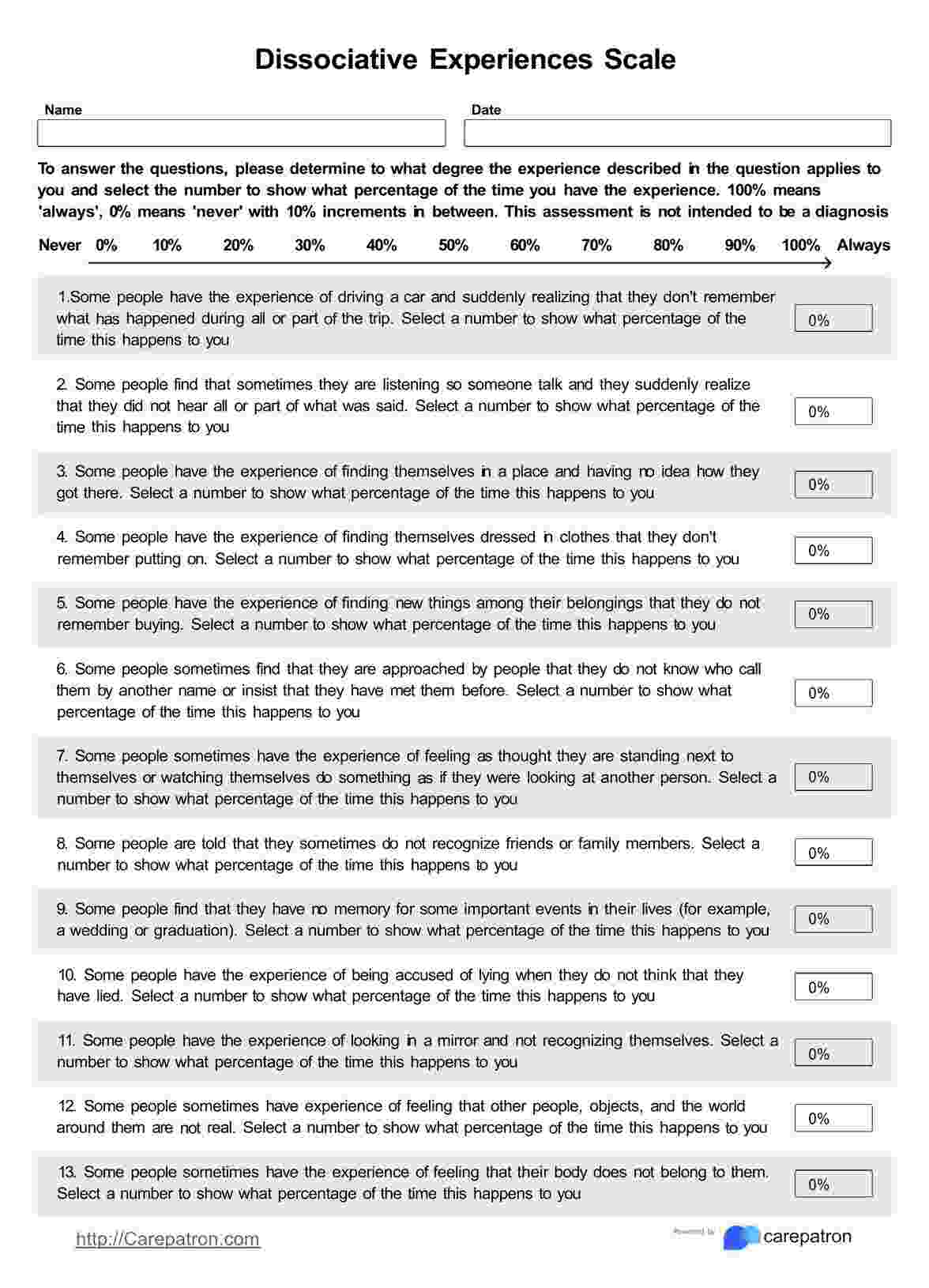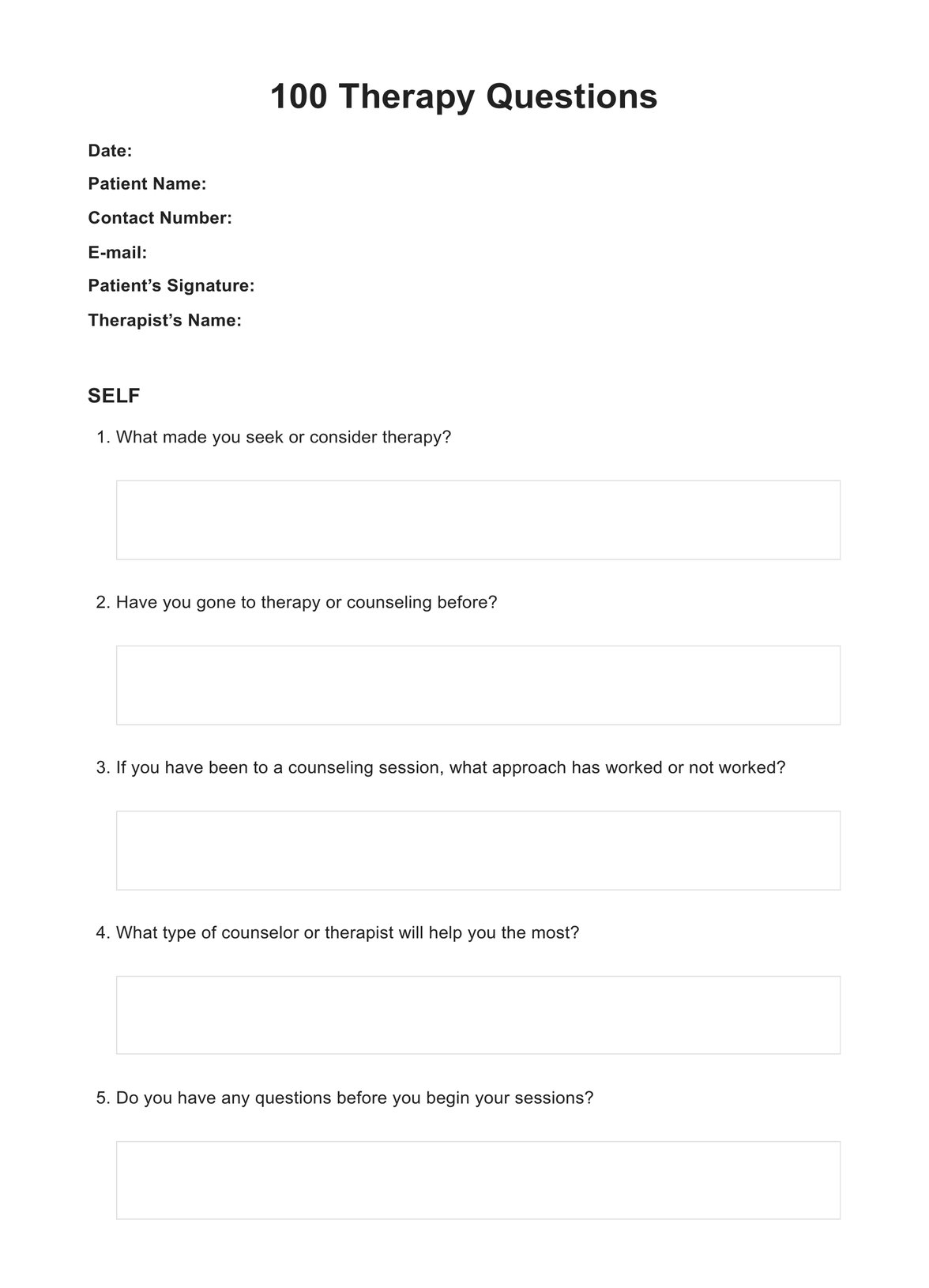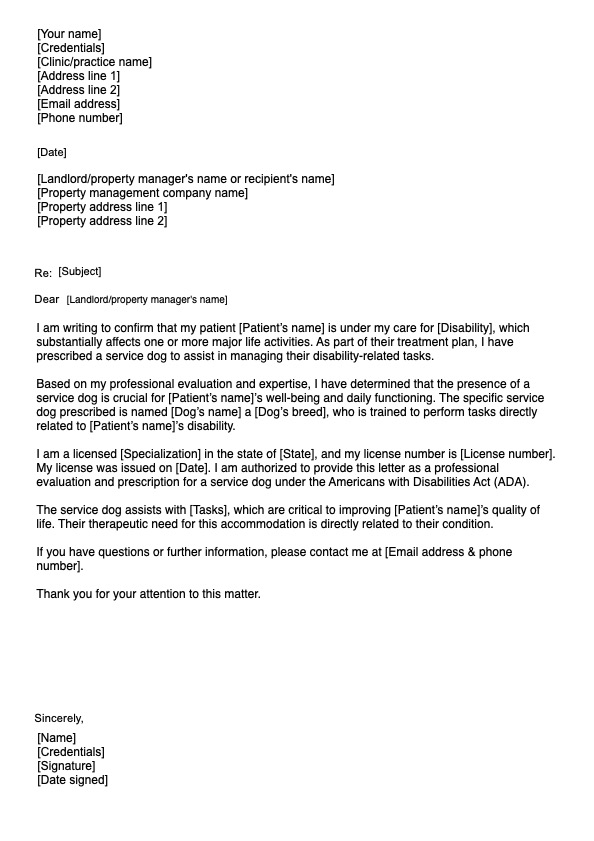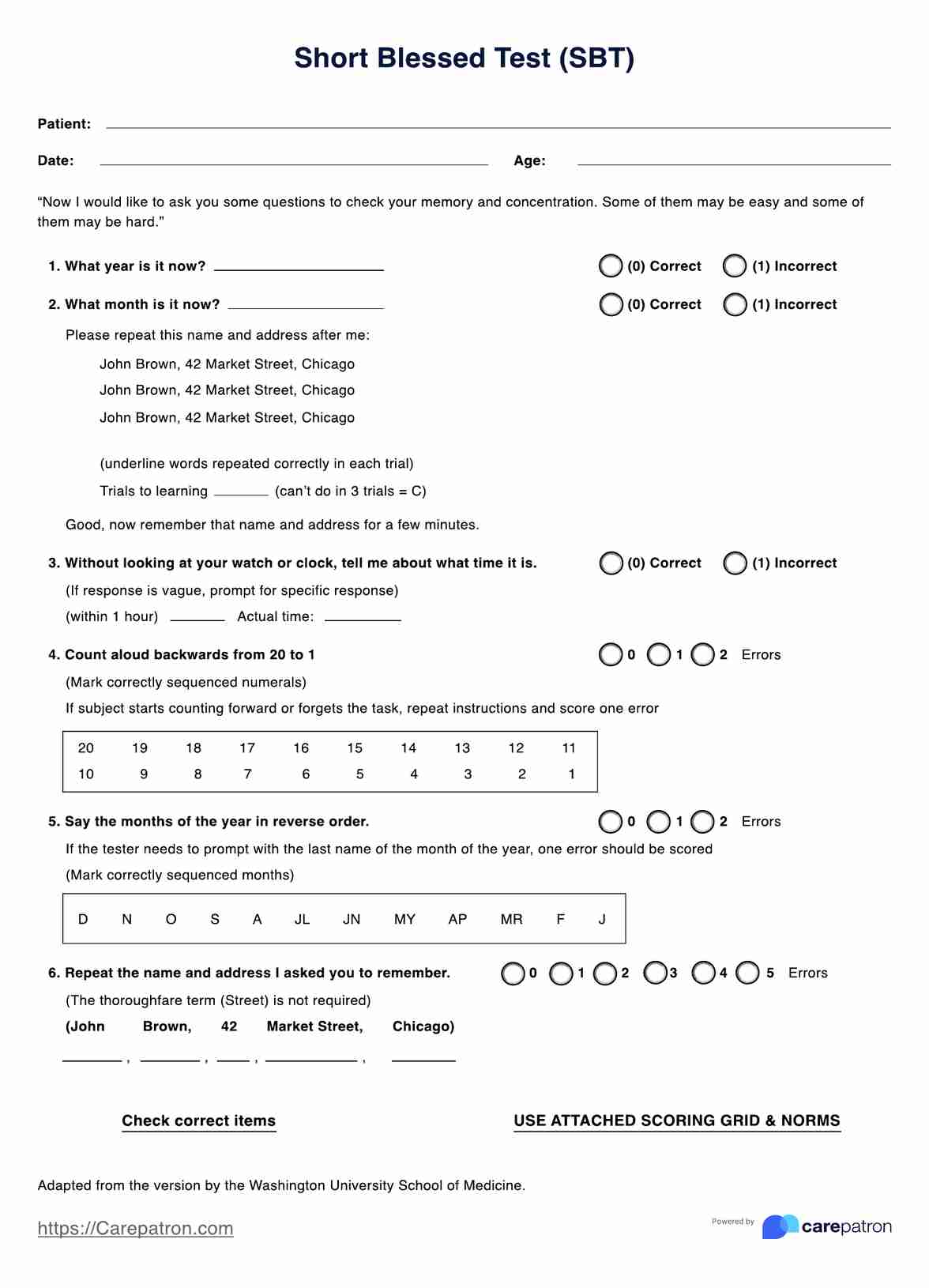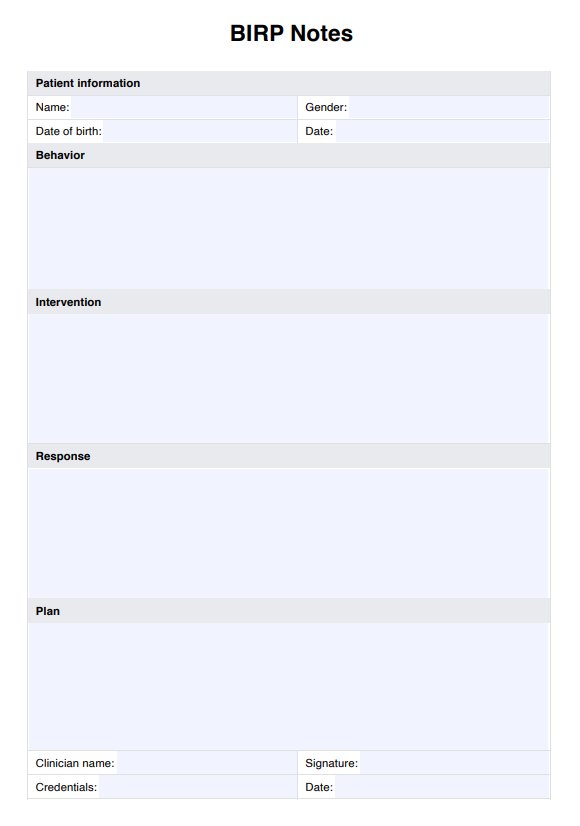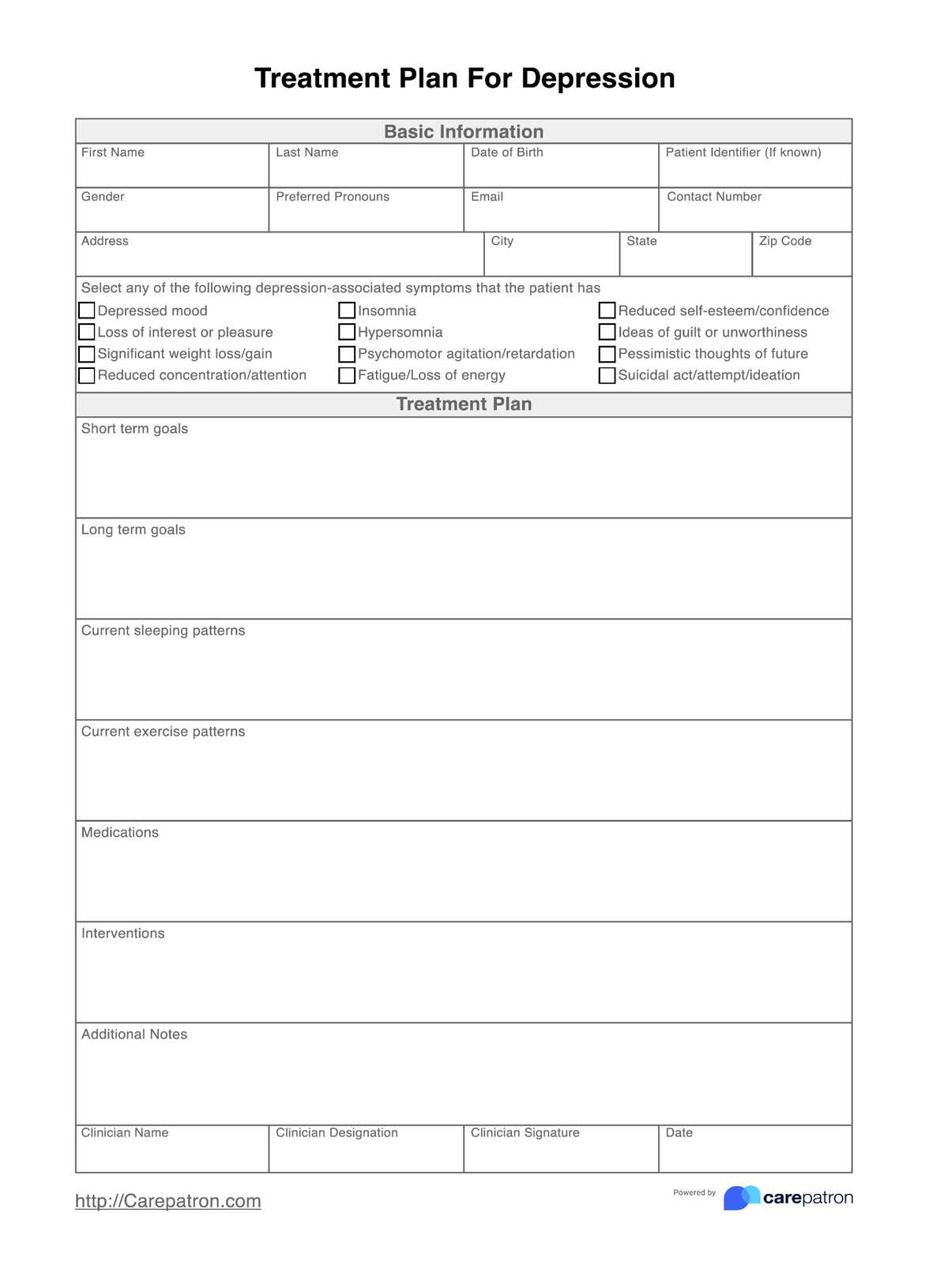C3 Complement Blood
Discover the power of a C3 Complement Blood Test, and gain valuable insights to stay on top of your well-being.


What is a C3 Complement Blood Test?
The C3 Complement Blood Test focuses on measuring the level or activity of the C3 protein within the complement system, aiding healthcare professionals in diagnosing and monitoring conditions like autoimmune disorders, recurrent bacterial infections, and liver disease.
The process begins with blood drawn from a vein, providing a sample for laboratory evaluation. Once in the lab, the sample is analyzed using a slide, test strip, or other diagnostic methods to assess the C3 protein concentration and activity. In certain cases, other blood tests, such as those measuring C4 levels, are conducted simultaneously to determine which complement system pathway is activated. These tests are crucial for understanding if the complement system responds appropriately to immune triggers.
Healthcare professionals commonly draw blood to measure C3 levels and analyze the blood sample to assess complement activity. Monitoring C3 levels helps in diagnosing and managing autoimmune diseases, immune deficiencies, and kidney-related disorders. By understanding the behavior of major complement proteins like C3, clinicians can make informed decisions regarding patient care and treatment plans.
C3 Complement Blood Template
C3 Complement Blood Example
How does our C3 Complement Blood Test template work
Medical professionals can efficiently use Carepatron's C3 Complement Blood Test template to streamline patient assessments and improve clinical workflows. Follow these steps to get started:
Step 1: Access the test template
Click the "Use template" button to instantly access the C3 Complement Blood Test template. This action will direct you to download the Carepatron app, where you can easily integrate the template into your clinical practice. The process is straightforward, ensuring quick adoption into your patient evaluation workflow.
Step 2: Use the test on patient
Once the template is open, enter the patient's information and document relevant details, including symptoms, medical history, and medications. Use the structured fields to guide blood sample collection and record test specifics, ensuring consistency and accuracy in patient data documentation.
Step 3: Gather and interpret data
After conducting the test and receiving laboratory results, input the patient’s C3 protein levels into the template. The pre-set normal range aids in swift comparison, allowing you to identify abnormal values. Use the interpretation section to note findings and how they relate to possible conditions like autoimmune diseases or infections.
Step 4: Discuss results and next steps with patient
Utilize the compiled data to discuss findings with the patient, addressing the significance of their C3 complement levels. The template’s structured format helps outline possible diagnoses and treatment plans, enhancing communication and ensuring patients understand their health status and recommended next steps.
Interpretation of results
The C3 Complement Blood Test is interpreted by comparing the test results to established normal value ranges, typically between 80 and 201 mg/dL (Mount Sinai, n.d.). These values may vary slightly depending on the laboratory and the testing methods. Normal levels indicate a properly functioning immune system without significant abnormalities, suggesting that the body’s immune response effectively distinguishes pathogens from healthy cells.
Lower than normal levels of C3 may indicate conditions like systemic lupus erythematosus (SLE) or other autoimmune diseases in which the blood plasma complement proteins are consumed in ongoing immune responses. Persistently low levels can also point to blood poisoning, chronic infections, certain diseases like cirrhosis, or malnutrition. In cases of SLE, both C3 and C4 are typically reduced, and monitoring C3 levels helps assess treatment efficacy.
Elevated C3 levels are less common but may reflect acute inflammation due to recent infections, injuries, or conditions like diabetes or certain cancers. However, high levels require further evaluation, as they are nonspecific indicators of inflammation.
Benefits of using this test
The C3 Complement Blood Test offers significant benefits for medical professionals in diagnosing and monitoring various immune-related conditions. As one of the commonly measured complement components among the nine major complement proteins, complement C3 plays a central role in immune response evaluation. Measuring complement component C3 levels allows clinicians to detect abnormalities in the complement system, providing valuable information for diagnosing conditions like autoimmune diseases and kidney disease.
For healthcare providers, incorporating the C3 Complement Blood Test into diagnostic protocols streamlines patient assessment, aiding in early detection of complement deficiencies and monitoring disease progression. It is particularly useful when combined with other tests to evaluate immune function comprehensively. The test simplifies the process of understanding laboratory tests, allowing clinicians to interpret immune activity efficiently and make informed decisions regarding treatment adjustments. Overall, the test enhances diagnostic accuracy and improves patient management workflows in clinical practice.
Reference
Mount Sinai. (n.d.). Complement component 3 (C3) information. Mount Sinai Health System. https://www.mountsinai.org/health-library/tests/complement-component-3-c3
Commonly asked questions
The C3 Complement Blood Test evaluates the level or activity of the complement component C3 to help diagnose immune deficiencies, autoimmune diseases, chronic infections, and monitor conditions like kidney disease. It assists medical professionals in understanding the immune system’s function and inflammatory responses.
In systemic lupus erythematosus (SLE), C3 levels are typically low due to complement consumption during immune complex formation. Monitoring C3 helps assess disease activity and treatment effectiveness in lupus patients.
Elevated C3 and C4 levels may indicate acute inflammation, infections, or conditions like obesity and diabetes. High levels are nonspecific but signal an activated immune response that requires further evaluation.
Certain cancers, such as leukemia, sarcoma, and Hodgkin's lymphoma, can cause elevated C3 complement levels due to systemic inflammation. However, high C3 is not a primary diagnostic marker for cancer and warrants additional testing.


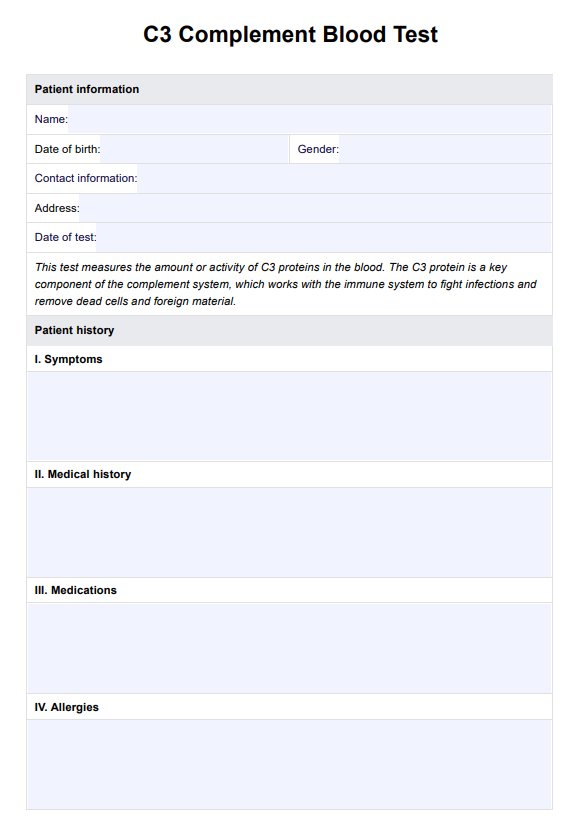
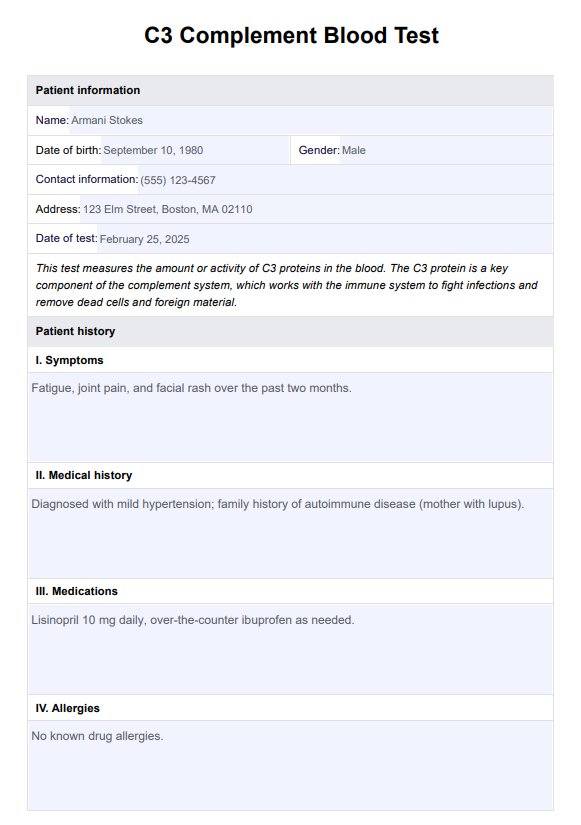

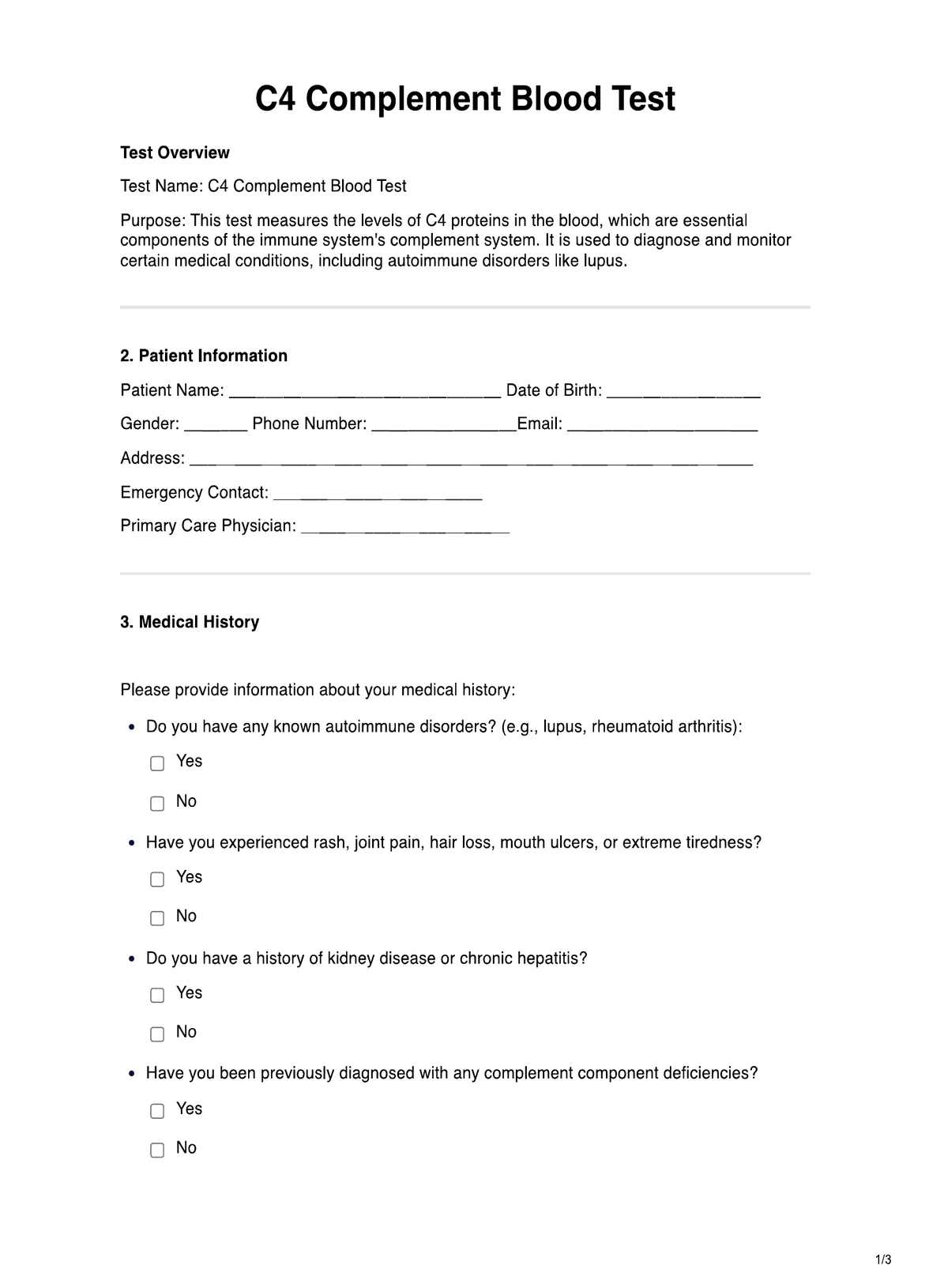

















-template.jpg)

















































































